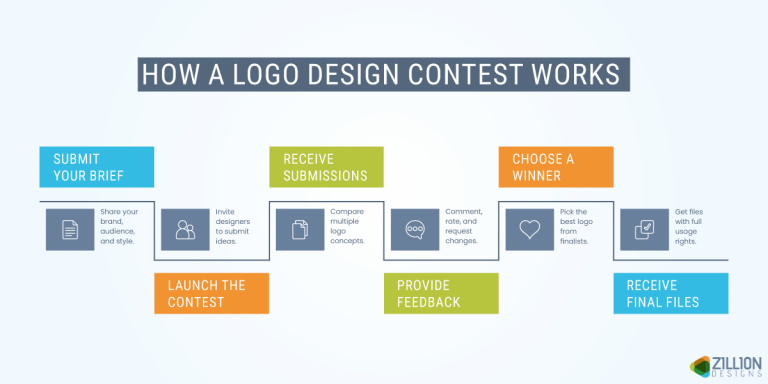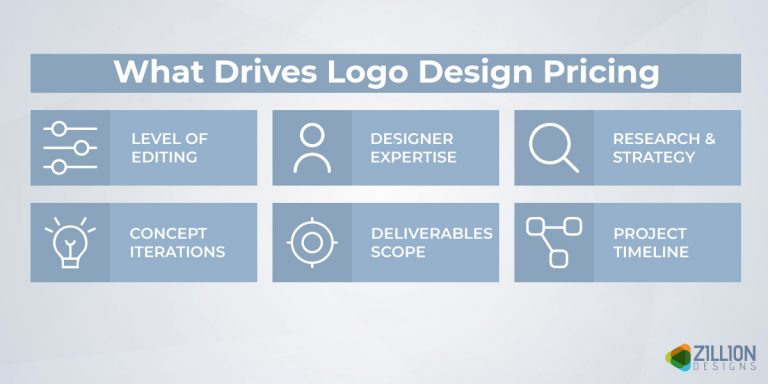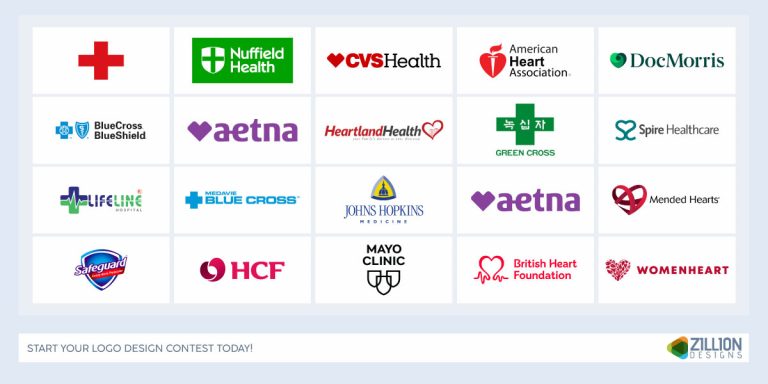Tomorrow’s kitchen won’t just be about cooking; it will be about living smarter. As modern homes continue to shrink and sustainability becomes a moral standard rather than a lifestyle choice, the kitchen is evolving into an intelligent ecosystem. The future of design blends automation, space efficiency, and zero-waste thinking, transforming the most traditional room in the house into a place of innovation and mindfulness.
Smart Technology as the New Sous-Chef
The idea of automation in the kitchen once sounded like science fiction, but it’s already here in subtle and beautiful ways. From motion-sensing faucets that reduce water use to fridges that can suggest recipes based on what’s inside, technology is quietly reshaping how we prepare meals. Smart ovens preheat themselves when you’re on your way home, and dishwashers optimize cycles depending on load weight. It’s efficiency that feels intuitive, not mechanical.
Voice-activated assistants have turned into essential kitchen companions. They read recipes, adjust timers, or even control lighting and temperature while your hands are busy. What’s next? Predictive systems that learn your routines — knowing when you usually cook, what ingredients you prefer, and how to manage your pantry to prevent waste. The kitchen is becoming less of a workspace and more of a personalized partner.
In cities like Toronto, where condos and compact living dominate, design matters just as much as function. This is where material innovation shines. Many homeowners are now upgrading kitchen countertops in toronto with sustainable, smart materials — heat-resistant composites, recycled stone, or even surfaces embedded with wireless charging points for devices. Technology and texture meet to redefine convenience.
Space Saving as a Philosophy, Not Just Design
Space optimization has gone beyond clever cabinetry. Future kitchens are built around modularity, the ability to adapt to different moments in your day. Imagine a countertop that slides over a sink to create an extra prep area, or a dining surface that retracts into the wall when not needed. Flexibility is the new luxury.
Designers are embracing multi-functional furniture that performs double duty: an island that hides storage, induction zones that disappear under solid panels, or drawers with integrated composting units. Compact appliances are also getting an upgrade. Slim dishwashers, under-counter fridges, and retractable hoods allow smaller kitchens to breathe while maintaining a clean, uninterrupted look.
The art of organization now merges with architecture. Built-in LED systems illuminate drawers when opened. Vertical storage integrates into wall panels rather than sticking out. Even recycling bins are being reimagined — color-coded, odor-free, and hidden beneath beautifully crafted millwork. Companies like Alliance Millwork are pushing this shift by combining precision craftsmanship with sustainability-driven solutions that honor both beauty and function.
Zero Waste as a Design Principle
Zero waste isn’t just a movement — it’s a design rule for the kitchens of the future. The goal is not perfection but intelligent reduction: reducing packaging, cutting food waste, and minimizing the environmental footprint of every meal.
Smart sensors are already being built into trash and compost bins to track disposal patterns. These systems can alert you when food spoils too quickly or help you calculate how much waste your household generates weekly. Combined with AI-based grocery management apps, they create a closed loop that encourages responsible consumption.
Materials play a critical role here, too. Countertops, cabinets, and flooring are now sourced from renewable or recycled resources. Reclaimed wood, bamboo, recycled glass, and biocomposite panels are replacing traditional laminates and plastics. Manufacturers are shifting toward finishes that emit fewer toxins and last longer, reducing the need for replacement.
Water and energy efficiency also define the modern zero-waste kitchen. Induction cooktops use less power and heat up faster, while new ventilation systems recycle warm air instead of expelling it. Faucets come with precise flow regulators, and greywater recycling is slowly becoming a mainstream option. In this context, companies such as Alliance Millwork are not only crafting furniture but shaping the sustainable lifestyle of tomorrow’s homeowners.
Human-Centered Design for Digital Living
Even as the kitchen becomes more high-tech, the human element remains central. The best designs merge digital intelligence with emotional comfort. Soft lighting, natural materials, and ergonomic layouts are essential in maintaining that sense of warmth and familiarity. The hum of an appliance or the tactile feel of a countertop connects users to their space — it’s not about removing human touch, but enhancing it.
As automation grows more advanced, designers are faced with the challenge of preserving this balance. A kitchen that runs itself must still reflect the personality of its owner. Personalization will become the new frontier: adaptive lighting that changes with mood, smart surfaces that react to touch, and modular zones that can shift from solo cooking to family gatherings in seconds.
In the near future, we might see biophilic kitchens filled with living walls of herbs or smart systems that regulate humidity for optimal plant growth. These green integrations not only purify air but also reconnect us to nature — a quiet rebellion against sterile modernism.
The Quiet Revolution Behind Closed Cabinet Doors
Behind every innovation lies an intention: to make living better, smarter, and more sustainable. The kitchens of the future will not be about luxury in the old sense but about intelligence, responsibility, and harmony. They will reflect our evolving values, care for the planet, appreciation for craft, and a desire for calm in an increasingly fast world.
Automation will continue to remove friction from daily routines, while design will preserve the beauty of human connection. Space will be used with precision, waste will be reimagined as a resource, and every surface will serve more than one purpose.
In essence, the kitchen of the future is not a machine; it’s a living organism, responsive and kind to both people and the planet. The revolution is already in motion, hidden beneath sleek countertops and quiet technology. And in the silence of an automated kitchen, we may just find a new kind of peace.
In Case You Missed It!
19 Breakfast Nook Ideas for Every Kitchen | Design Inspiration
45 Kitchen Windows Over Sink Ideas and Designs
10 Best LED Under-Cabinet Lighting in the Kitchen
The post Smart Kitchens of the Future: Space-Saving and Eco Design appeared first on Architectures Ideas.






